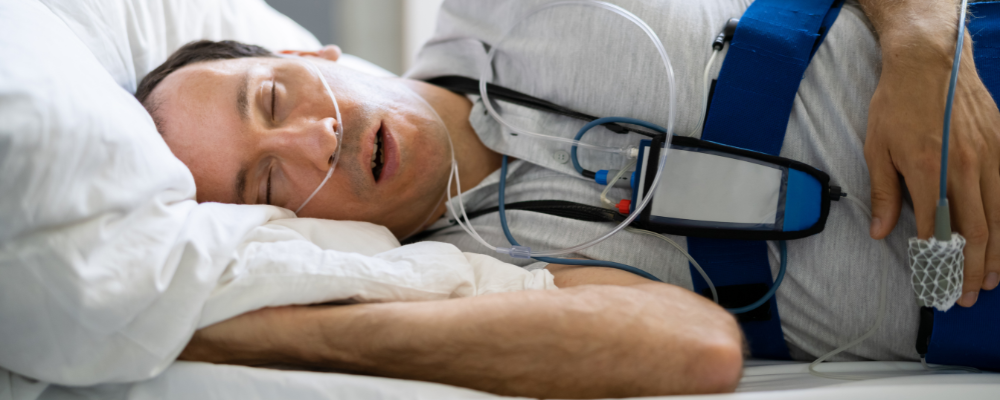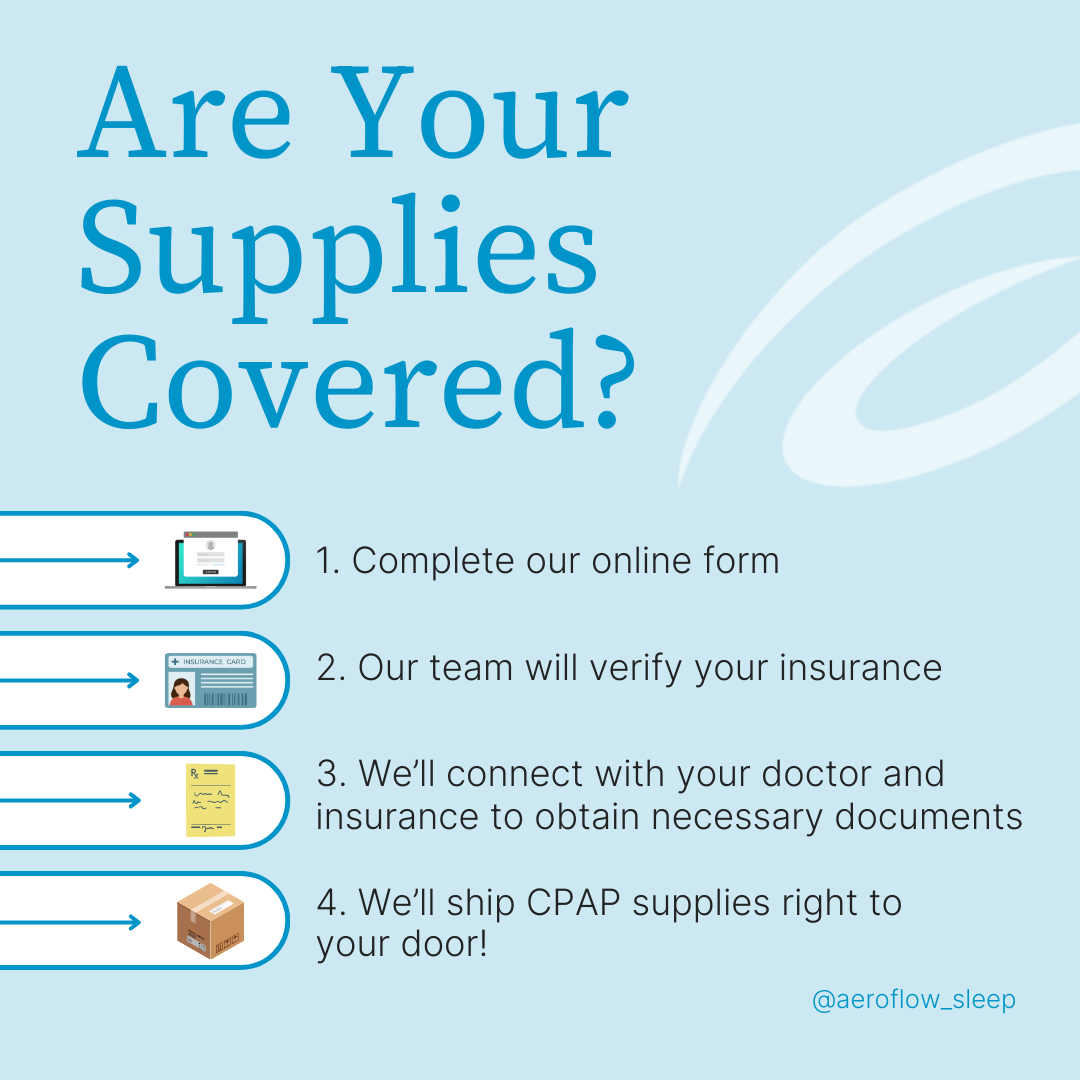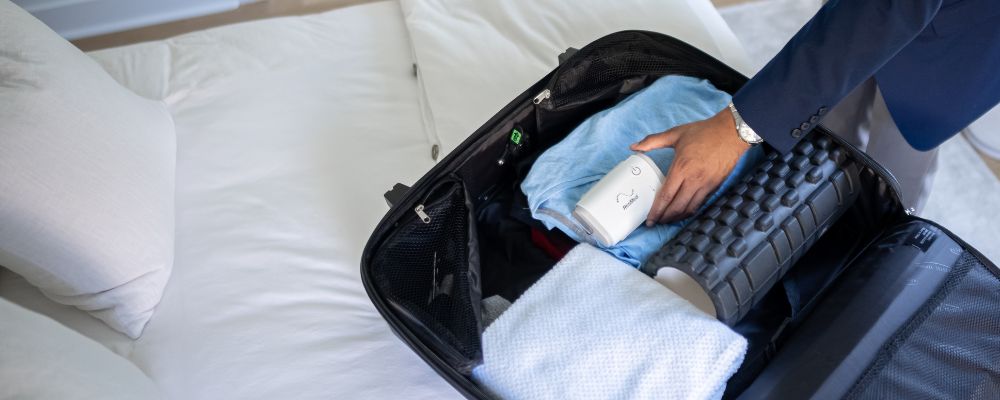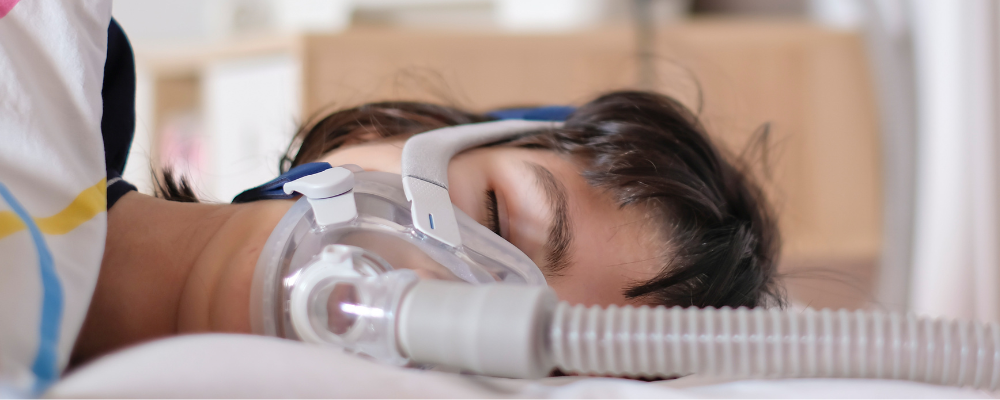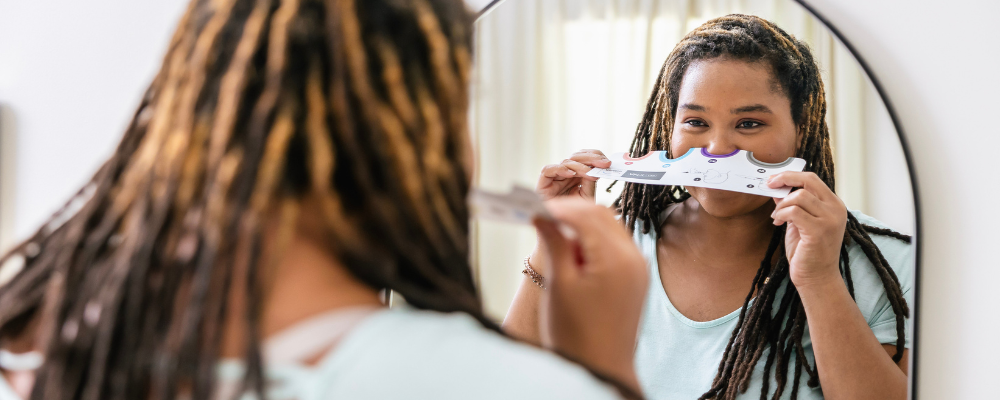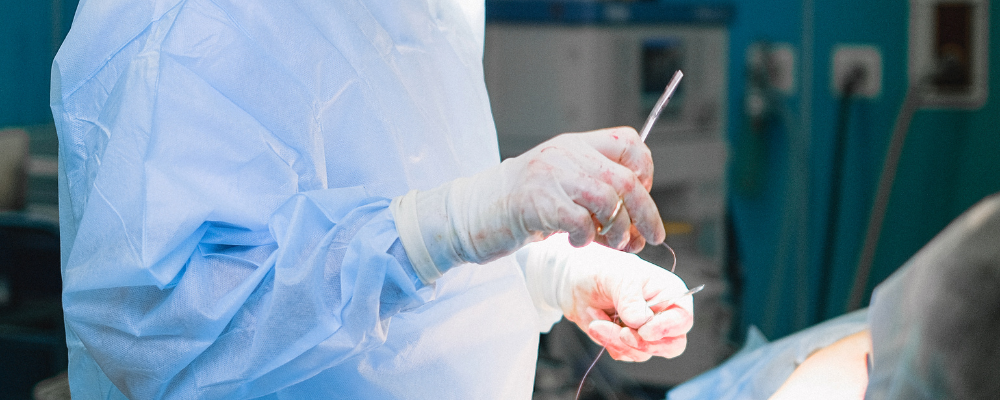Get A Sleep Apnea Diagnosis: What Is An At-Home Sleep Study
Does your bed partner complain about how loud your snoring is each night? Do you feel excessively sleepy during the day on a regular basis? These are just a few indicators that you may have a sleep disorder called obstructive sleep apnea (OSA).
While it may not seem like a big deal, a sleep disorder isn’t something you should brush off. In fact, it is proven that untreated OSA can significantly raise your risk for heart attack, heart failure, and stroke.
So, how do you know if you have obstructive sleep apnea or not? You start by getting a sleep apnea diagnosis from a professional. The best place to start is by speaking with your healthcare provider, who will likely refer you to a sleep specialist for a sleep study. While an overnight sleep study may sound intimidating at first, this technology has come a long way. It’s even possible to complete a sleep study and get a sleep apnea diagnosis in the comfort of your own home! These are called at-home sleep studies; keep reading for a brief overview of what they are and how they work.
What Is An At-Home Sleep Study?
When you think of a sleep study, you may think of spending the night in a sleep center where you’re attached to sensors and monitored by a sleep specialist. This is called an in-lab sleep study or polysomnography, and it can help diagnose a variety of different sleep disorders.
However, some patients would prefer to complete their sleep study in the comfort of their own bed. For these individuals, at-home sleep studies may be a better option. However, it’s best to speak with your sleep doctor to determine which option is right for you.
What Equipment Is Used For An At-Home Sleep Study?
The equipment for an at-home sleep test varies based on the type of device you are given. Home sleep studies are typically able to record breathing rate, airflow, oxygen levels, and heart rate. In order to collect this data, most devices include a pulse oximeter finger sensor and a device like a wristwatch to record your sleep data. As a result, they are less invasive in comparison to in-lab sleep studies and tend to be more comfortable.
How Accurate Is An At-Home Sleep Study Compared To An In-Lab Sleep Study?
Home sleep tests are typically used for getting an obstructive sleep apnea diagnosis and not any other sleep disorders due to the limited amount of measurements they record. Because in-lab sleep studies use more sensors and have a physician on-site to assist patients, they are able to provide more accurate results and diagnose other types of sleep disorders.
Home sleep studies may be less accurate for patients with mild obstructive sleep apnea; for mild cases, an in-lab sleep study may be more accurate.
How Long Does It Take To Get Results From A Home Sleep Study?
It can take anywhere from a couple of days or weeks to get your results from an at-home sleep apnea test. Once your results are ready, your doctor will review your sleep data and determine whether you have a sleep disorder.
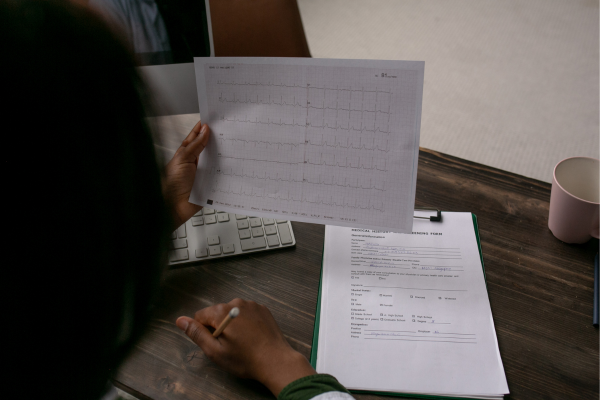

Who Is A Candidate For An At-Home Sleep Study?
While home sleep studies are a great option for some, they may not work for everyone. Individuals who have recently had a stroke, suffer from cardiac or pulmonary conditions, or who are obese, may not be the best candidates for an at-home sleep study. Ultimately, your doctor will help determine which type of sleep test is best for you.
How Can Aeroflow Sleep Help? At Aeroflow Sleep, we believe better sleep is possible! If you are struggling with poor sleep quality as a result of untreated sleep apnea, we can help in the following ways:
- Not diagnosed? Get a sleep apnea diagnosis by checking out our partners at restASSURED. restASSURED can help connect you with a board-certified sleep physician to assess your symptoms and provide you with a home sleep test. If your at-home sleep test shows that you have sleep apnea, your restASSURED sleep medicine professional will provide you with a prescription, so that you can get set up with CPAP therapy.
- Already diagnosed with sleep apnea? Ask for Aeroflow Sleep by name! We can speak to your local physician about which CPAP supplies may be best for you.
- Looking for CPAP supplies through insurance? Check your eligibility today! If you already have a sleep apnea diagnosis, Aeroflow Sleep can help provide CPAP machines, masks, and supplies through insurance. To see if your insurance is in-network with us and if you’re eligible for new supplies, start by filling out our quick qualify form now!
References
“Obstructive Sleep Apnea.” Mayo Clinic, Mayo Foundation for Medical Education and Research, 14 July 2023, www.mayoclinic.org/diseases-conditions/obstructive-sleep-apnea/symptoms-causes/syc-20352090#:~:text=The%20worse%20the%20obstructive%20sleep,Arrhythmias%20can%20lower%20blood%20pressure.
“What to Know about an At-Home Sleep Test.” Johns Hopkins Medicine, 20 June 2024, www.hopkinsmedicine.org/health/wellness-and-prevention/what-to-know-about-an-at-home-sleep-test.
“In-Home Sleep Studies.” In-Home Sleep Studies | University of Michigan Health, University of Michigan, www.uofmhealth.org/conditions-treatments/brain-neurological-conditions/home-sleep-studies. Accessed 12 July 2024.


